Dr. Max Czollek, Kübra Gümüşay and Dr. Thomas Lux at the conference "Haltung zeigen?!"
On 28 March 2025, the conference "Haltung zeigen?! Diversity Discourses and Conflict Management", which was organised by the Mediation and Conflict Management master's degree programme, focused, among other things on the realities of social diversity. The conference opened with presentations by Dr. Max Czollek, Kübra Gümüşay and Dr. Thomas Lux, before participants were able to discuss, reflect and exchange ideas in various workshops.
"I understand that even calling for connection and universality is problematic in a time of such great division. This is a time to take a sides. By calling for togetherness risks minimising the necessity of people fighting for basic rights and freedoms." This passage from Kae Tempest's essay "on connections", which Prof. Dr. Dr. Ulla Gläßer quoted more extensively at the opening of the conference, emphasises the need to simultaneously take a stand and continue the search for common ground. It underlines, what this conference will be about. Together with Kirsten Schroeter, Ulla Gläßer is head of the Master's degree programme Mediation and Conflict Management, which has invited participants to the conference. Together with Katty Nöllenburg, they were responsible for the overall conception and moderation of the conference. Nöllenburg began by emphasising that conflict management and anti-discrimination work need to be brought even closer together and that professional conflict workers need to become even more sensitive to discrimination. The opening words of the Dean of the Faculty of Law, Prof Dr Benjamin Lahusen, echo Gläßer's remarks about how pressing current crises are, how necessary it is to deal with plural realities and perspectives and what is at stake: "Democracies don't die, they are killed."
conference galerie
In Dr. Max Czollek's first presentation, he began by recalling a resolution that the governing parties introduced at the end of last year together with the CDU/CSU. It is called "Never again is now - protecting, preserving and strengthening Jewish life in Germany" and was passed in the Bundestag around 9 November. He quotes a passage from this resolution that states an increase in antisemitic incidents and attacks, primarily as a consequence of the Hamas attack on Israel in 2023. The resolution attributes this to "increasingly open and violent anti-Semitism in right-wing extremist and Islamist milieus as well as to a relativising approach and increased Israel-related and left-wing anti-imperialist anti-Semitism". Czollek argues that anti-Semitism has not only been on the rise since 7 October. According to figures from the Federal Ministry of the Interior and Homeland, anti-Semitic offences had already doubled between 2017 and 2021. "Especially when it comes to the protection of Jewish life, the caesura must be set earlier," Czollek says and suggests "perhaps 2017, when the AfD first entered the Bundestag."
He notes that at the time, in 2017, there were however no efforts to pass a resolution in the Bundestag, but that anti-Semitism was repeatedly defined as a phenomenon that had arisen as a result of immigration. "All of this provides material for the assumption that the criticism of an increase in anti-Semitism became consensual primarily because it can be presented as an imported, somehow external phenomenon. 'Never again' works best when it doesn't cost you anything."
Above all, Czollek points to a logic within the social and political sphere that all too often ignores Germany's history of violence and repeatedly defines anti-Semitism in what appears to be something external. He points out, that the endeavour to combat anti-Semitism is less part of a genuine positioning, than a rhetorical strategy for one's own political agenda. When, for example, the tightening of asylum laws is linked to the culture of remembrance (Erinnerungskultur). Czollek finds many examples of this in recent years. When Julia Klöckner spoke about the Bundestag vote in January 2025, in which the CDU/CSU tried to pass stricter asylum regulations with votes from the AfD, she apparently claimed, that a cooperation with the AfD was about ending violence and hatred of Jews. Or Chancellor Olaf Scholz, who gave an interview to SPIEGEL in October 2023 in which he linked the call for "large-scale" deportations with an argument that more immigration would lead to more anti-Semitism, against which German society needed to be protected.
The memory of the Shoah and its lessons are thus being turned into an argument against migration; the culture of remembrance is being repurposed as a strategy of self-exoneration that ignores the origin, the event of the actual remembrance. "You have to realise this again and again: In a country that looks back on probably the worst anti-Semitic and diverse history of violence of the 20th century, a good part of the society seems convinced that the problem stems from a discriminated social minority." For Czollek, this also means that a successful reappraisal of Germany's history of violence has failed, but that there is certainly room for possibility in recognising it: "If society were to recognise this failure, it might be able to start thinking again about diversity and the culture of remembrance.
Afterwards, author Kübra Gümüşay spoke about real utopias and just futures. Her book "Speaking and Being" was published in 2020, in which she talks about the close connection between language and one's own experience and argues in favour of collective thinking. Katty Nöllenburg gives an introductory report on working with her: "I can confirm first-hand: she has a rousing passion, a brilliant mind and spirit and possesses a truly impressive eloquence. Kübra Gümüşay's words are real, motivating and full of love." What Nöllenburg means becomes listening to her, while listening to Gümüşay's talk. Contrary to any justified concerns about current developments and gloomy future scenarios, Gümüşay advocates insisting on a kind of hope: "The future doesn't just happen, it is the consequence of what we do today." She talks about real spaces that exist beyond bad news, about the close connection between linguistic structures and personal perspectives, between language and power, and the importance of rethinking and deconstructing them. She does not negate problematic structures, on the contrary. Rather, she points out that understanding that one's own perspectives are limited opens up scope and opportunities for action. She is primarily concerned with pointing out the narrowness of individual languages and practising practical humility in the face of linguistic imperfection: "We are in danger of losing the beauty of the world if we believe that our language is finished and perfect, if we believe that it is perfect in form, not changeable, if we believe that our language actually already captures everything in the world. Because words are the spaces we have built to meet in them."
Dr. Thomas Lux also talks about the drifting apart of perspectives, but he approaches the complex in a different manner. In 2023, the macrosociologist published the book "Trigger Points" together with Dr. Linus Westheuser and Prof. Dr. Steffen Mau, in which they look at consensus and conflict in contemporary German society. Lux presents the essence of this research in his lecture. It is about an empirical perspective on topics that are often labelled as divisive in the media and in society. Kirsten Schroeter also explains how important it is overall, but also for the degree programme and the conference, to approach the topics of polarisation and division from this perspective when she introduces Lux. Lux and his co-authors have identified four arenas of inequality in their research on trigger points and found that there is actually more consensus than generally assumed. Nevertheless, there are so-called trigger points that create the impression that society as a whole is deeply divided, even though it is not necessarily so. Nevertheless, according to Lux, these points are potentially very dangerous, as they can be used to fuel debates and create real polarisation: "Trigger points are often very small phenomena, but they have enormous potential to stir things up. They create the impression that society as a whole is deeply divided. They are characterised by the fact that people react spontaneously and emotionally, and this strong emotional reaction makes rational debate extremely difficult. At the same time, such triggers can be used in the sense of affect politics to inflame the mood in the country and thus create possible polarisation in the first place."
After the dense content of the public presentations in the morning, the participants came together in the afternoon for internal workshops to discuss various aspects and discourses of diversity in their day-to-day mediation work.
Translated by Deepl and edited
Back to the news portal
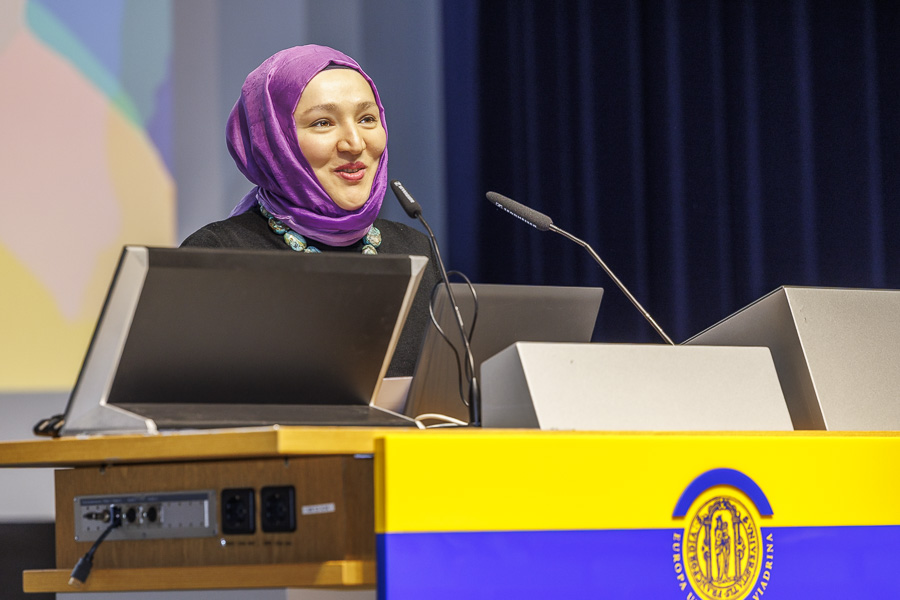

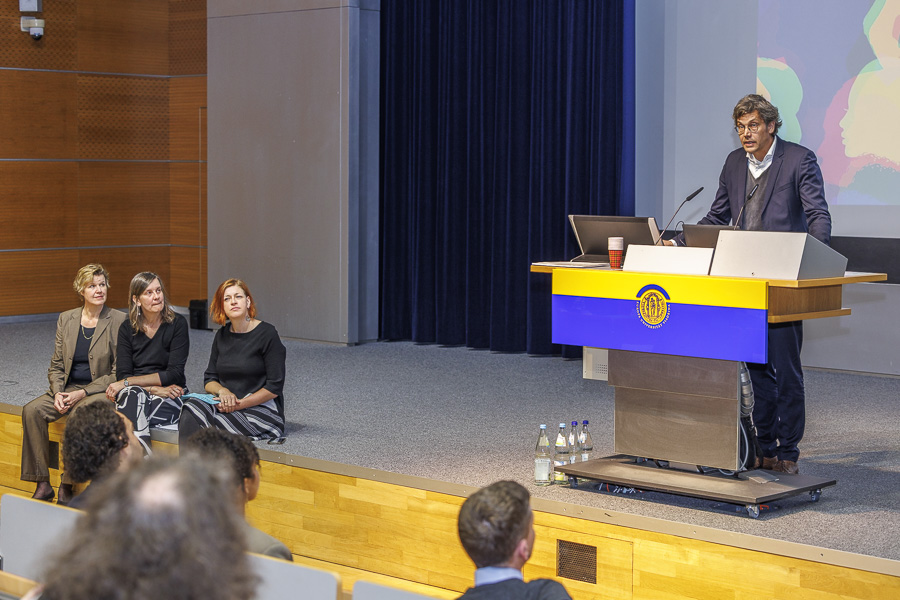
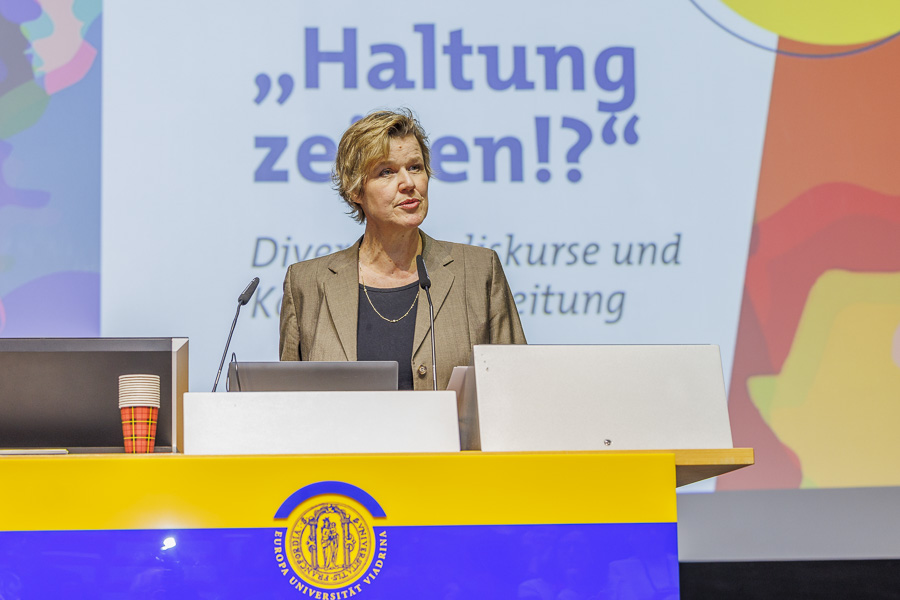
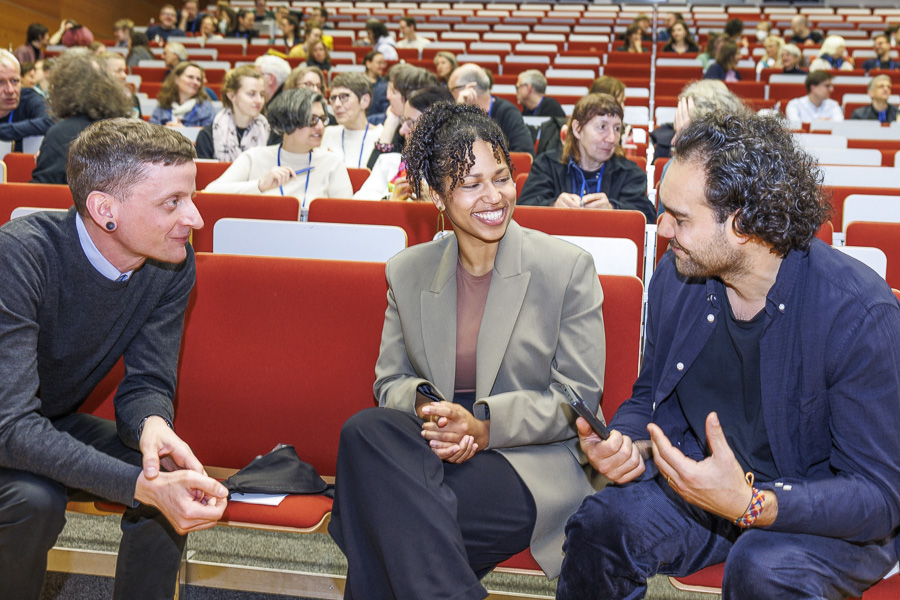
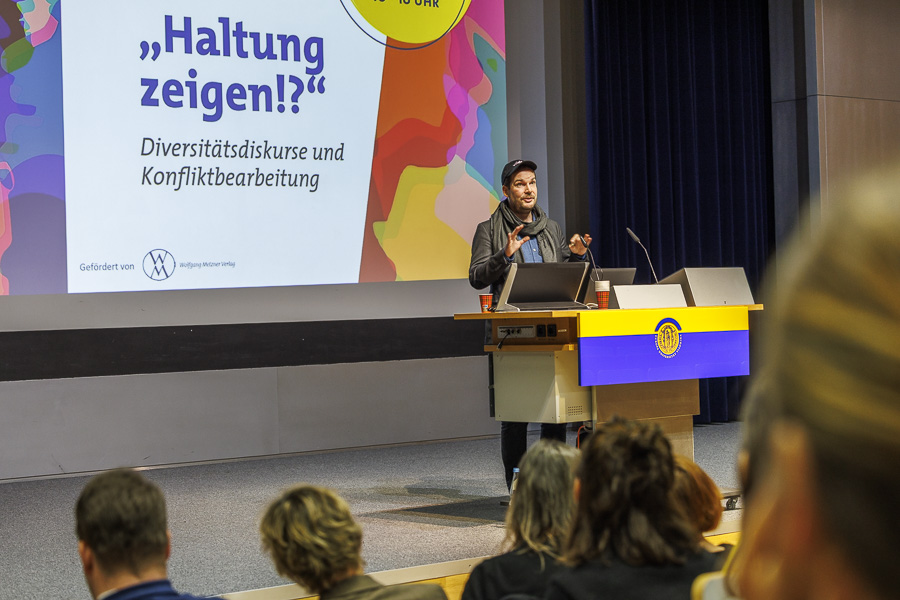
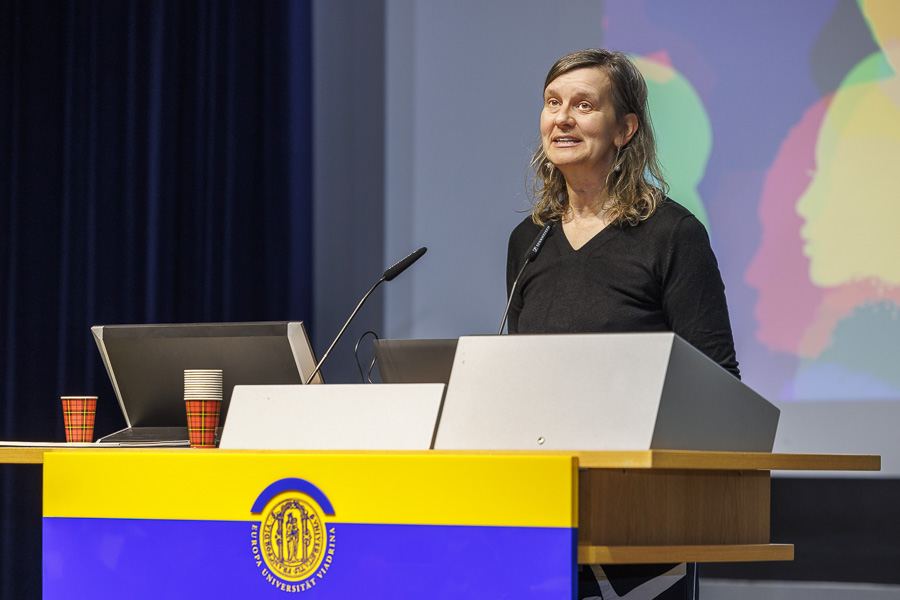
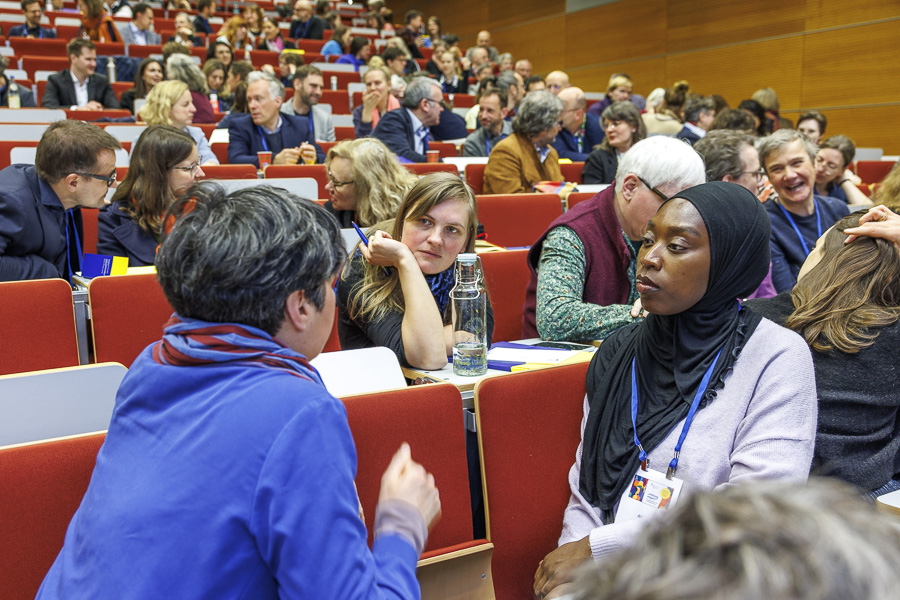
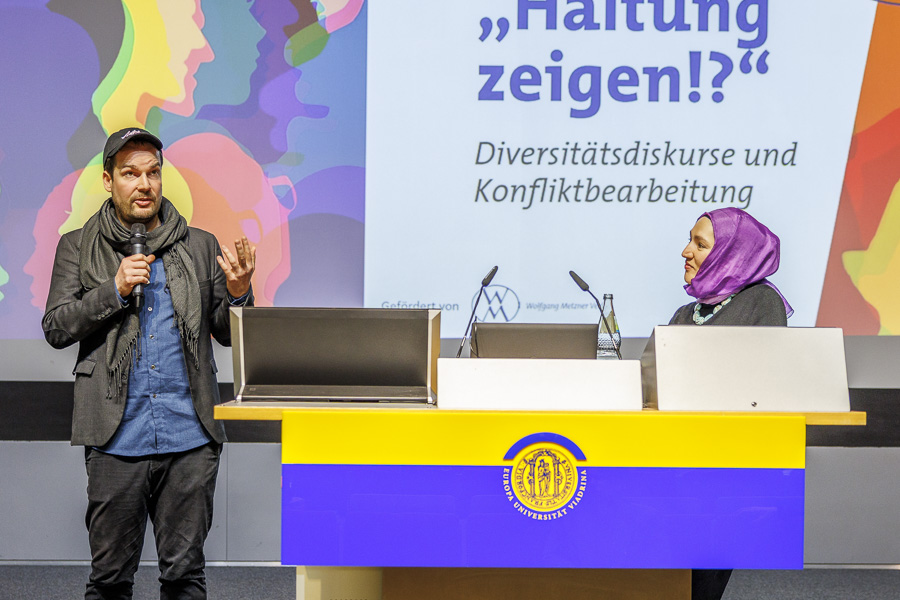
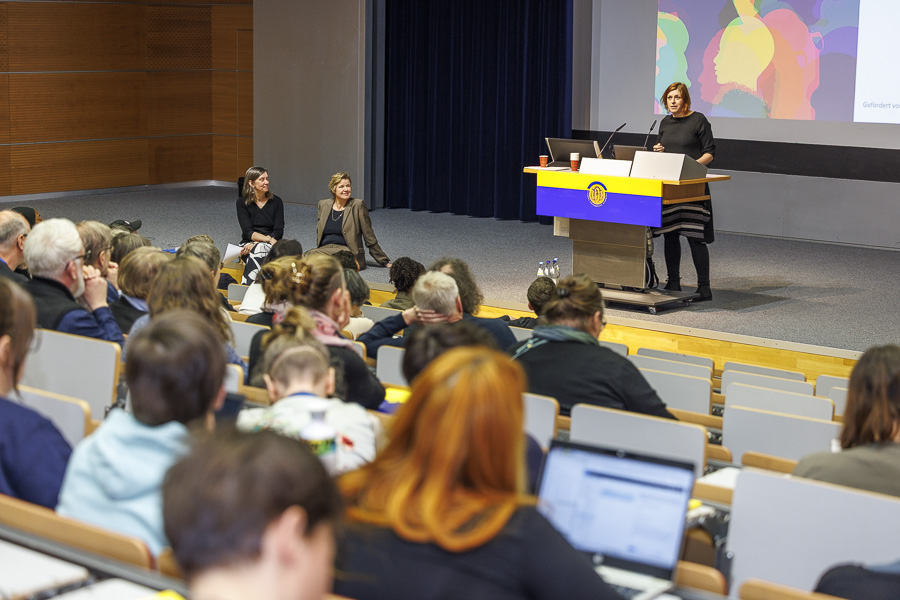
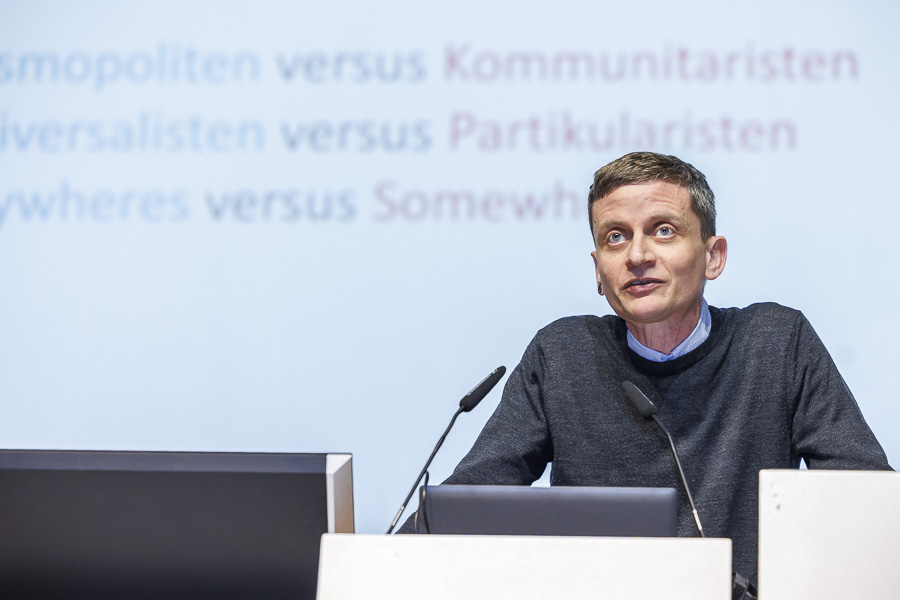
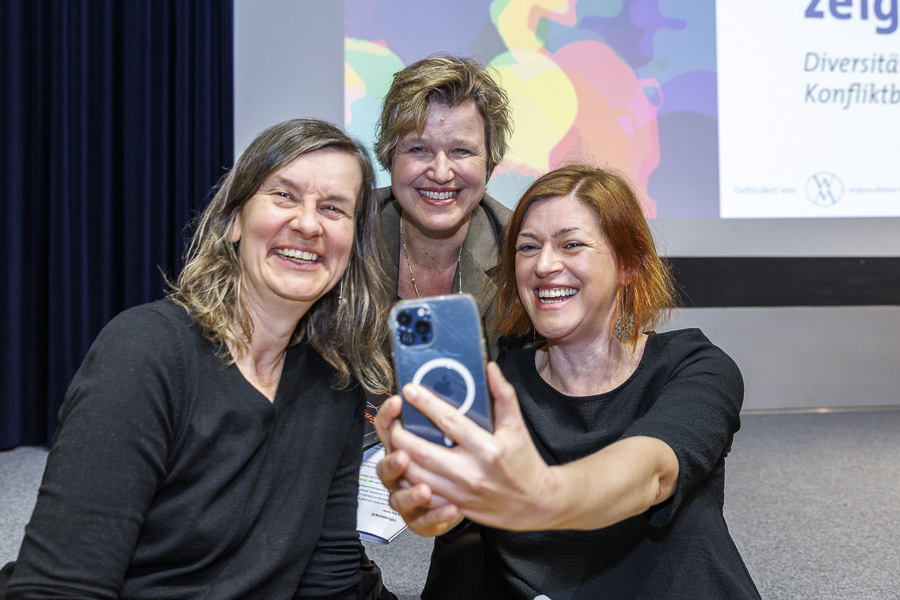
Share article: